We all know the statistics about children learning languages. Thanks to their young brains quite literally being built to absorb new information and develop language skills, it is fairly easy for children to grasp languages that differ from their mother tongue.
While seniors don’t have the same neuroplasticity as children, it doesn’t mean that they can’t learn a new language. In fact, learning a new language is a fantastic way to build your brain health. Determining how to learn a new language as an older adult isn’t about fancy tips and tricks. Instead, the answer is persistence.
Why is it harder to learn a language when we’re older?
You may be older and wiser, but somehow, this doesn’t translate to learning a new language. As mentioned above, this is in part due to less neuroplasticity in the brain, which is the ability to easily reorganize its structure to form new connections. This makes it more difficult to retain new sounds you don’t often make in your day-to-day speech.
It may also come down to a social aspect. Children may speak one language at home and another at school. Alternatively, they may have a set period every day where they engage with and speak in their second language of choice thanks to regular classes. Adults are less likely to have these natural social situations to practice their language of choice, which slows down the recall process.
What are the benefits of learning a language as an older adult?
While you don’t have the same neuroplasticity that you had as a child, learning a new language does, indeed, help increase the neural pathways in the brain. This leads to improved memory, heightened ability to multitask, and perhaps most impressively, a reduced risk of dementia. According to one study, those who spoke two or more languages showed higher cognitive ability and brain function than those who spoke only one language.
For seniors looking for a hobby to occupy their time post-retirement, learning a foreign language is a fantastic option. Thankfully, there are a myriad of resources you can employ to develop your language skills.
Use technology alongside books
A quick search will pull up dozens upon dozens of textbooks and workbooks designed to help you learn your language of choice. You should certainly consider picking up one (or a few) of these if you are serious about learning, but they shouldn’t be your only resource. These days, there are a wide variety of applications you can use to deepen your learning of your language.
With these applications, you can hear exactly how a word is supposed to be said in its native tongue. Some of them may even encourage you to speak out loud and will grade you on your pronunciation. If you’re unsure which to rely on, a few great options include:
- Duolingo
- Babbel
- Rosetta Stone
Watch movies or shows in your language of choice
This is the best way to practice your language without it feeling like practice. Immersing yourself in the language and culture you have chosen to learn makes you more familiar with dialectical differences that you otherwise may not come across in your textbooks. Just make sure you have English closed captions on so you can follow along with more ease.
On streaming services like Netflix you can watch some of your favorite television shows and movies dubbed over in other languages. Since you’re already familiar with the story, you can focus more on the language.
Embrace new opportunities for socialization with classes
While there is a wide variety of resources you can utilize to learn a language at home, truly the best way to learn a language is through the support of a teacher. Given the diversity of the Chicago area, there is a high likelihood you can find a class teaching your language of choice at a time that works for you.
Taking a class is not only a great way to practice your language of choice, but to meet people. It may become as much of a social opportunity as it is a learning one by practicing small talk and communicating with other older learners.
Have your needs taken care of at Home Care Powered by AUAF
As you move forward with learning a new language, don’t forget to tend to your personal care needs. If you find you need assistance with the variety of activities of daily living, reach out to your friends at Home Care Powered by AUAF. Our staff is trained to assist with various tasks from cooking, cleaning, bathing, and even companionship.
If you think you would benefit from the support of an at-home caregiver, contact us at (773) 274-9262. We are happy to help.

















